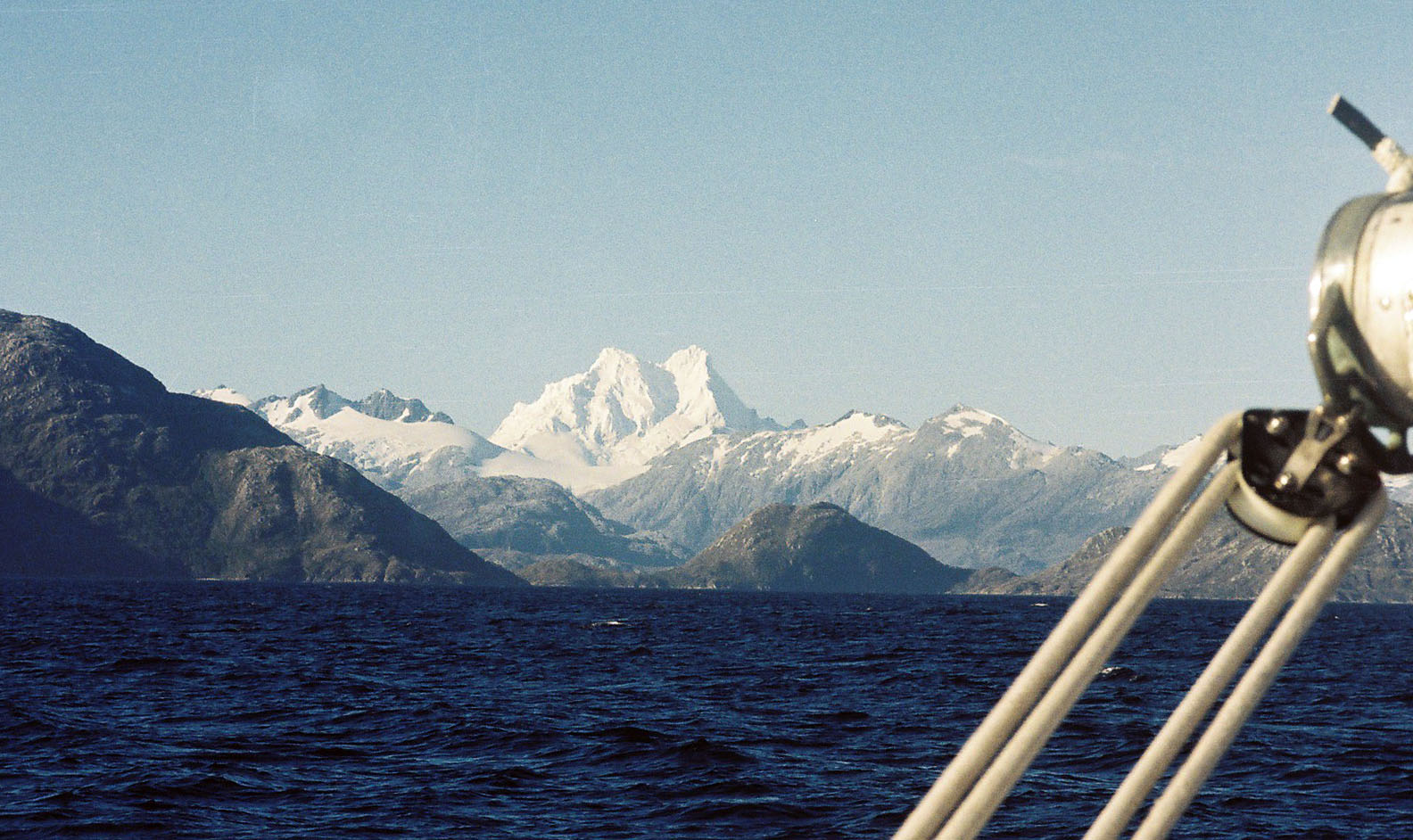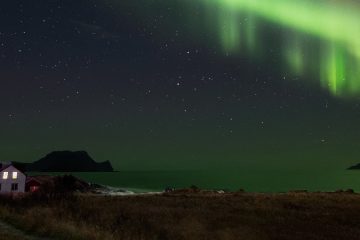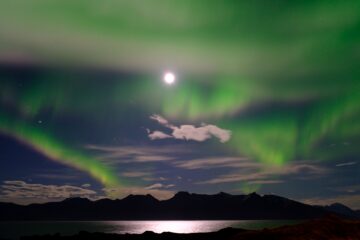Humble tips for sailors and dreamers
First of all, keep in mind that you do not necessarily need a boat. There are thousands of vessels in every corner of the planet where crew is needed, so you can almost sail anywhere you want for free or for a small fee. This is also an excellent test for those planning to try buying a boat on their own, to see what the fuss is about before selling the house and resigning! The sailing nomad life is not for everyone!
Blue vs Green. The wide endless ocean allures Romantic dreamers with Circean fascination, but one wonders why the greatest writers and sailors like Conrad and Tilman disposed of transatlantic crossings in three, albeit poetic, paragraphs, then fell in love with faraway and unknown coastlines. The great blue yonder can be boring, really… one needs to incline towards buddhism to find solace in wave and cloud symphonies. Land, on the other side, varies continuously offering a spectacular kaleidoscope of humanity, geography and biology. The ‘classic’ Round the World sail is about 30,000 miles and covers one single climate belt and a lot of empty water, while the coastline of Canada alone can reach the moon in extension. To make it short, blue is almost always blue, while green can be white, yellow, red, brown, orange…
Far from the madding crowd. The great majority of RTW sailors seem unaware of the existence of latitudes starting with 30 or 40 and stick to numbers close to the Equator, sometimes blaming weather. Many get stuck in the Caribbean, and some of them stop cruising altogether. Which is not surprising, because the Caribbean are way worse than the Mediterranean in all aspects such as water, beaches, food, cities, friendliness and, above all, variety. With very few exceptions, like the Galapagos, the tropics means a very long succession of similarly boring, shily educated and very distant paradises, with very few inteersting cities along the way.
Explore! You’ll find out soon, rather dissappointingly, that globalization means that most places tell similar stories. Or rather, that they all want to tell something new, but in the same way. If you have a chance, enjoy the differences. Which does not mean you have to go in backwater ditches… If I had time I would steer towards lands I red about in amazing books and where cruising friends have found great hospitality and satisfied their curiosity… I would explore the ports of Japan, the coast of northwestern Australia, the fishing villages of the Aleutian archipelago, the white churches of Nova Scotia and the St Laurence River, the reef of the Red Sea in Sudan, the trees of Soqotra, the elephants in the Andaman Sea, the Volcanoes of Iceland.
Sail low tech. Technology invaded sailboats like pest, and this is courting disaster. It’s not a matter of ‘if’ electronics will fail, but of ‘when’, and it’s better if you learn how to do what the gimmick does before it breaks. Most toys are designed to malke your life easy, but they also make you lazy. It’s not only a question of safety, but also of poetry. Wind instruments for example will never let you learn to steer by the wind. Weather websites kill the ability to read the sky. And everything electric will not help your batteries. Never bring aboard something that you cannot repair. Besides, crossing an ocean while connected on Facebook is a clear sign of mental unbalance.
Read first. It’s a sad fact that there is not a corner of the planet left unexplored. Actually, you can now see every inch of the Earth on your phone. But what you loose in surprise, you gain in knowledge. There are excellent books on every subject from boat maintenance to ocean navigazion. Besides the pilot of the area where one wants to sail, every biped could easily sail around the World with a handful of books on the shelf: Ocean Passages for the World by the Admiralty, Heavy Weather Sailing (Adlard Coles), The Boatowner Manual (Nigel Calder), Glenan’s navigation course, Joshua Slocum and HW Tilman’s books…








